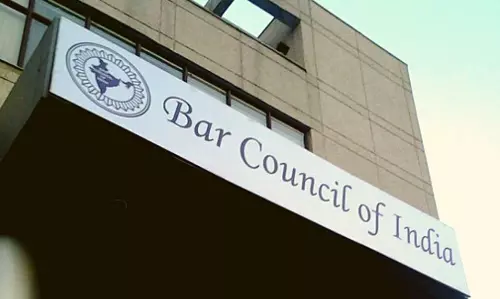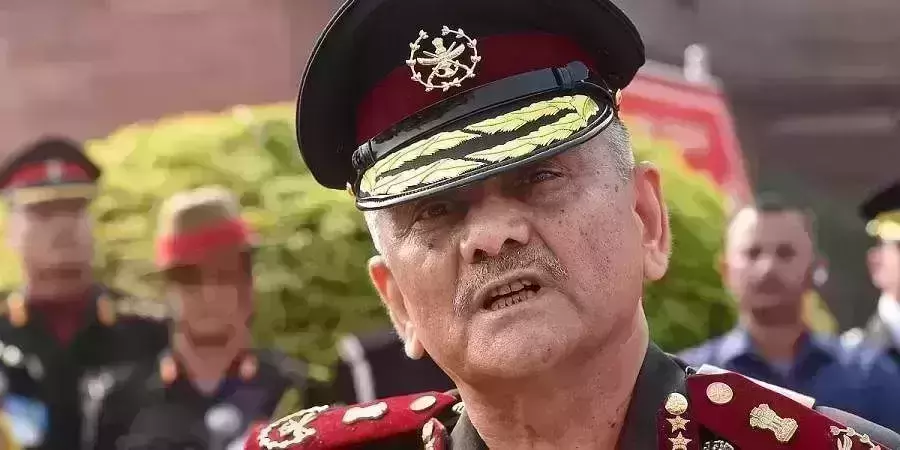
The ritual of regret on Jallianwala Bagh
text_fieldsJallianwala Bagh is the name of a massacre etched in blood in the history of India's freedom struggle. Tomorrow will mark hundred years from that incident of 13 April 1919.
What is known as Jallianwala Bagh massacre resulted from the firing led by British Colonel Reginald Dyer on the thousands of people who had gatherd at Jallianwala park in Amritsar in protest against the Rawlatt Act (Anarchical and Revolutionary Crimes Act 1919), framed by judge of British India Sir Sidney Rawlatt and passed by the Imperial Legislative Council of Delhi. Over a thousand protesters lost their lives in the ruthless firing.
Although the British army had committed several excesses in colonial India, there was nothing to match this in scale or brutality. Many had raised the demand that the British government should tender an apology for the indiscriminate killing in Jallianwala Bagh, Dr Shashi Tharoor being a prominent one among them who made significant interventions in this regard. Tharoor has raised the demand vociferously at many a British forum that Britain should pay reparations to India not only for Jallianwala Bagh, but for all atrocities committed in India as well. When Jallianwala Bagh is at its centenary, this call has only been gaining strength. That is how British Labour Party MP of Indian descent Virendra Sharma moved a resolution in British parliament asking for an official apology from the government.
It was during the debate over this resolution on 10 April that British prime minister Theresa May expressed deep regret over the incident. She said, " the tragedy of Jallianwala Bagh is a distressing example of our past history with India… We deeply regret what happened and the suffering caused" . Similar sentiments were expressed by former British prime minister David Cameroon too when he visited Punjab in February 2013. Queen Elizabeth too had in 1997 expressed her regret saying, " it is a distressing example of our past history with India". What stood out in May's statement was that a prime minister made an official expression of 'regret' in British parliament.
But Opposition Labour Party leader Jeremy Corbyn has said that mere expression of regret would not suffice and a 'full, clear and unequivocal apology was needed'. On this score, Labour Party enjoys the support of Indian-origin citizens too. Pakistan's information and broadcasting minister Fawad Chaudhry also came out on Thursday demanding that Britain should apologize not only for Jallianwala Bagh massacre, but also for the Bengal famine.
No one would in current times venture to justify the mass firing in Jallianwala Bagh, which any civilized society cannot agree with. And that did not happen by any human error, but only as an offshoot of the systematic policy followed by Britain in India. Jallianwala Bagh just happens to stand out from them. Comparable to it are the British army's massacres in Pookkottur in Malappuram district, Kerala and the wagon tragedy of 1921. Even a century since then, Britain has not been willing to tender an apology. The fact is that its is not a government fit to apologize honestly. The big powers of today are edifices built on the corpses of human beings. If they set about apologizing for all such acts they committed, it will be a daunting task. The ruthlessness committed in Iraq by allied forces including Britain is of recent history. It was Tony Blair himself - who was in the forefront of that war move - that openly admitted later that their intervention there was based on flawed intelligence. But by the time that plainspeaking came, lakhs of human beings had fallen dead there. For the western forces who are loud on progressiveness and liberalism, such brutalities are all a pastime, on later they have only to say 'sorry'.
What is being talked about here is not killing one or two people by error. Imperialism has always been perpetrators of murders. But who can extract and how, any just reparation for the sufferings thjey inflicted on humanity and the enormity they committed? These are not mere statistics that can be settled during life on this planet, but instead, are wounds to be judged high in the heavens and to be weighed in the ultimate scale of justice. There are reasons for limiting the response to 'regret' instead of 'apology'. If there is an 'apology' as per European law, reparation would become binding. And officials of British foreign affairs ministry have themselves clarified that they are not apologizing fearing the huge financial cost it would entail. Which is another way of saying that their regret is a mere ritual, and they are not ready for an honest and sincere apology. Therefore, imperialism will continue committing brutalities, and ceremonial gunshots of regret will follow after decades – or even centuries. Period.

















